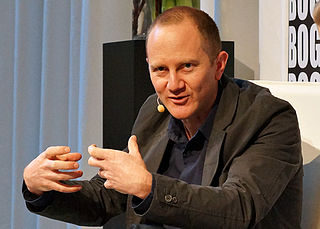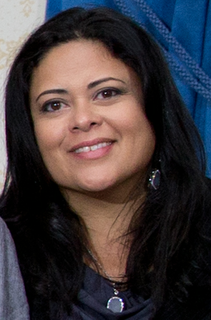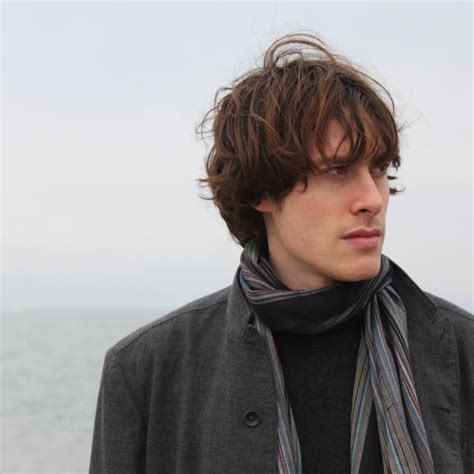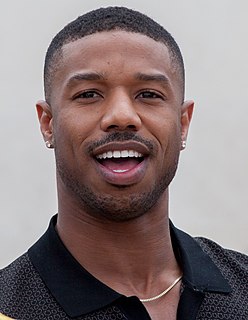A Quote by Chris Cleave
We're often told that we live in a globalized world, and we talk about it all the time, but people don't stop to think about what it means.
Related Quotes
Here is the crisis of the times as I see it: We talk about problems, issues, policies, but we don't talk about what democracy means - what it bestows on us - the revolutionary idea that it isn't just about the means of governance but the means of dignifying people so they become fully free to claim their moral and political agency.
Historically it has been a touchy subject, especially in the south where I am from, people don't really talk about it. If they do talk about it, it is often talked about negatively. Nowadays in light of the Black Lives Matter movement I think people should pay attention to these lives also. I think the Black community will really embrace the film [Moonlight]. It is about us. It is real.
I have a great affection for people who are intellectually engaged with the world, and who don't treat everything superficially. And I think, when people talk about nerdiness, what they're really talking about is smart people who who are trying to think hard about the world. And I don't think that's an insult, I think that's a great thing.
Do I think that people should in the best of all possible worlds have to go to jail for wanting the US government to pay attention to the warnings of scientists about climate change? Not really. I mean, in a rational world, if all the scientists said, "The worst thing that ever happened is about to happen and here's what you should do to stop it," you would expect any rational system to say, "Oh, sure, OK, let's do something about it." But that's not the world we live in. In the world we live in, you do need people willing to stand up, fight, march and sometimes go to jail.
Every time you hear anyone talk about the Caribbean, whether it's Caribbeans themselves or people outside, there's always talk about women's bodies. Talk about this voluptuousness, this kind of stereotype of what a Caribbean person is. And I think these are stereotypes that even people inside the culture, we actually sometimes claim them and we're very proud.
The best books, they don’t talk about things you never thought about before. They talk about things you’d always thought about, but you didn’t think anyone else had thought about. You read them, and suddenly you’re a little bit less alone in the world. You’re part of this cosmic community of people who’ve thought about this thing, whatever it happens to be.
I spent so much of my life reading about spirituality and reading about neuroscience and trying different meditation practices. It's a really big part of my life. But it's sometimes hard to talk about. There are so many people in the world who don't live in Southern California and don't spend their time meditating.
How are people who are young and look like Oscar [Grant] portrayed in the media? You gotta think about that. And somebody given a badge and a gun and told to go police in those communities, all of a sudden they got to protect and serve and talk to people they never even spent time with [and] they might have formed opinions about.
I think, at some level, we see young people all over the country mobilizing around different issues, in which they're doing something that I haven't seen for a long time. And that is, they're linking issues together. You can't talk about police violence without talking about the militarization of society in general. You can't talk about the assault on public education unless you talk about the way in which capitalism defunds all public goods. You can't talk about the prison system without talking about widespread racism. You can't do that. They're making those connections.
It often appears that those who talk the most about going to heaven when you die talk the least about bringing heaven to earth right now, as Jesus taught us to pray: 'Your will be done on earth as it is in heaven.' At the same time, it often appears that those who talk the most about relieving suffering now talk the least about heaven when we die.






































